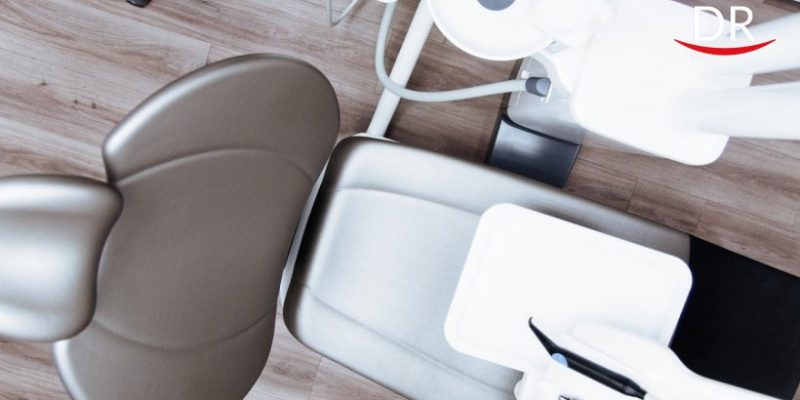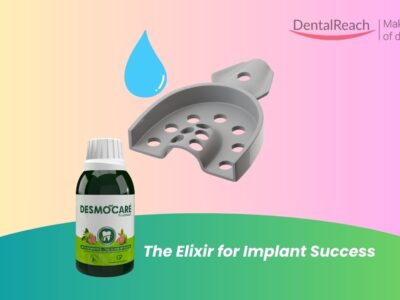Ministry of Health and Family Welfare, India published a notice regarding finalisation of National Dental Commission bill at their official website. They are seeking comments on this draft and asked for comments on same. Comments can be furnished through email at v.jhal972@gov.in on or before 20.02.2020.
Aims of the bill –
- To provide quality and affordable dental education,
- To ensure availability of adequate and high quality dental professionals in all parts of the country;
- To promotes equitable and universal oral healthcare that encourages community health perspective and makes services of dental professionals accessible to all the citizens
- To promote national health goals
- To encourage dental professionals to adopt latest dental research in their work and to contribute to research
- Periodic and transparent assessment of dental institutions and facilitation of maintenance of a dental register for India which enforces high ethical standards in all aspects of dental services
- Providing flexibility to adapt to changes need.
Important chapters and points under the bill –
1. Repeal Dentists Act, 1948
2. Dissolve Dental Council of India (DCI)
3. Set up National Dental Commission (NDC)
4. National Exit Test (Dental) for final year under graduate students
- for granting license to practice dentistry
- basis for admission to PG (MDS)
- for obtaining license to practice in India for the person having foreign dental qualification
5. Autonomous Boards under NDC to be set up:
- UG Dental Education (BDS)
- PG Dental Education (MDS)
- Dental Assessment & Rating Board
- Grant permission to establish new dental college OR increase seats.
6. Ethics & Dental Registration
- National Register of ALL dentists in India.
According to the bill, the term dentistry includes–
- Performance of any operation on, and the treatment on any disease, deficiency or lesion of human teeth or jaw or of facial hard and soft tissues and associated structures; and
- Performance of other diagnostic tools/investigations in connection with human teeth or jaws or the oral cavity;
- Measures for prevention of diseases of oral cavity and associated structures and promotion of oral health including tobacco cessation
- Giving of any anesthetic in connection with any such operation or treatment; excluding general anesthesia.
- The performance of any operation on, or the giving of any treatment, advice or attendance to, any person preparatory to or for the purpose of, or in connection with restoration, reconstruction and rehabilitation of teeth, jaws, oro-facial tissue and associated structures; the fitting, inserting, fixing constructing, repairing or renewing of artificial dentures or restorative dental appliances, and the performance of any such operation and the giving of any such treatment, advice or attendance, as is usually performed or given by dentists
- Knowledge related to performance of mastication, phonation and deglutition.
Composition of Commission
The Commission shall consist of the following persons to be appointed by the Central Government, namely: –
(a) A Chairperson;
(b) Seven ex-officio Members; and
(c) Twenty two part-time Members
Functions of Commission
- Lay down policies for maintaining high quality and high standards in dental education and make necessary regulations in this regard.
- Lay down policies for regulating dental institutions, dental researches and dental professionals and make necessary regulations in this regard;
- Assess the requirements in dental health care. including human resources for dental health and health care infrastructure and develop a road map for meeting such requirements;
- Promote, co-ordinate and frame guidelines and lay down policies by making necessary regulations for the proper functioning of the Commission, the Autonomous Boards and the State Dental Councils;
- Ensure coordination among the Autonomous Boards;
- Take measures, as may be necessary, to ensure compliance by the State Dental Councils of the guidelines framed and regulations made under this Act for their effective functioning under this Act;
- Exercise appellate jurisdiction with respect to the decisions of the Autonomous Boards;
- Lay down policies and codes to ensure observance of professional ethics in dental profession and to promote ethical conduct during the provision of care by dentists;
- Frame guidelines for determination of fees and all other charges in respect of 50% of seats in private dental institutions and deemed to be universities which are governed under the provisions of this Act;
- Exercise such other powers and perform such other functions as may be prescribed.
Bar to practice –
No person other than a person who is enrolled in the State Register or the National Register, as the case may be, shall-
- Be allowed to practice dentistry as a qualified dentist;
- Hold office as a dentist or any other office, by whatever name called, which is meant to be held by a dentist;
- Be entitled to sign or authenticate a medical or fitness certificate or any other certificate required by any law to be signed or authenticated by a duly qualified dentist.
- Be entitled to give evidence at any inquest or in any court of law as an expert under section 45 of the Indian Evidence Act, 1872 on any matter relating to dentistry.
This article is a neutral report- based article by DentalReach. We urge you readers, to share your personal & professional opinion on this bill with us. Advice your suggestions on implementation of this bill as soon as possible – on or before 20/02/2020.
Reference
https://mohfw.gov.in/newshighlights/seeking-comments-draft-national-dental-commission-bill-2020




















Comments